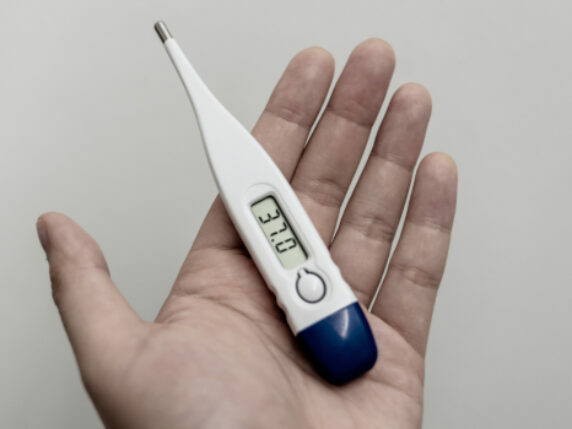On 19 July, the UK government lifted the majority of lockdown restrictions. But as a third wave of Covid-19 infections looks increasingly likely, what does this mean for businesses, their staff and the pay that they are entitled to?
On 20 July, the government insisted that anyone pinged by the Track and Trace app should self-isolate. This resulted in what people are calling a national pingdemic, with a record 618,903 alerts being sent to people in England and Wales on the NHS app in the week ending 14 July.
The pingdemic has produced huge disruptions for UK businesses and continues to threaten our fragile economy, which is still recovering from the biggest recession in over 300 years. UK businesses are warning of crippling staff shortages, as up to 20% of staff are having to take time off work after being pinged.
Until the self-isolation rules change on 16 August, (with people who have had both vaccinations not needing isolate unless they test positive themselves) business owners will continue to worry about increasing staff shortages and what affect this will have on their long-term stability.
For employees, there is also the added pressure of job security and the effect that self-isolating will have on their pay.
We asked our senior employment solicitor Ella Bond to summarise the rules that apply to self-isolating employees and the payments they are entitled to.
Working from home
As long as an employee is well enough, and where it is possible, they will still be able to continue their work from home and should be paid as usual for this.
Statutory Sick Pay (SSP)
Eligible employees can claim SSP for their qualifying days at £96.35 per week for a maximum of 28 weeks. However, employees are not entitled to SSP if they're in self-isolation or quarantine after travel abroad and they do not need to isolate for any other reason.
Coronavirus Statutory Sick Pay Rebate Scheme (CSSPRS)
The CSSRPS will repay SSP to employers who have already paid current or former employees. Up to two weeks’ SSP can be reclaimed for each employee. You can claim SSP back using their online service.
Additional contractual pay
Employees are encouraged to check their employee’s contract and company’s sick pay or special leave policy to see whether they might be entitled to enhanced contractual or occupational sick pay.
Test and Trace support payment
This is available to employees who are on a low income and are asked to self-isolate by Test and Trace. If successful, employees will receive a £500 support payment. Your employee can find out how to apply here.
Furloughing staff at particular risk of coronavirus
While short-term illness or self-isolation should not alone be a reason to furlough an employee, you may decide to furlough employees who are clinically extremely vulnerable or at the highest risk of severe illness from coronavirus. Given that the maximum statutory sick payment is £96.35 per week and the maximum furlough payment can be £2,500 per month, the majority of which may be claimed under the Coronavirus Job Retention Scheme (CJRS), this can be beneficial to you and your employees until the end of September, when the CJRS will terminate.
If you have any specific enquiries or are looking for advice on Covid-19 policies in the workplace, get in touch with our employment experts.







